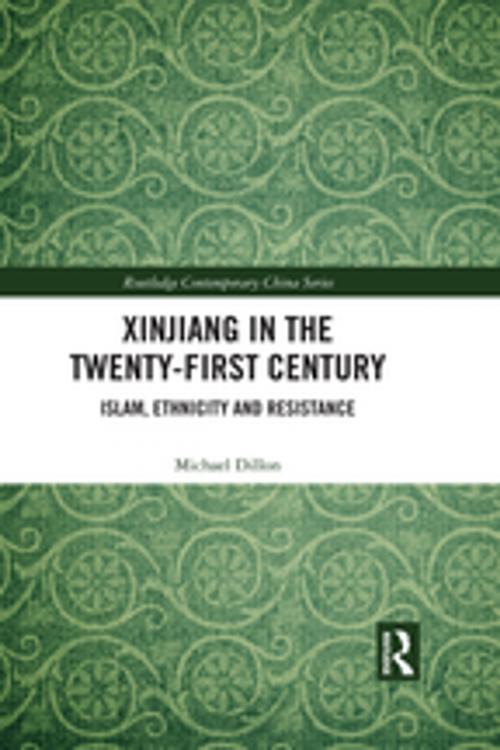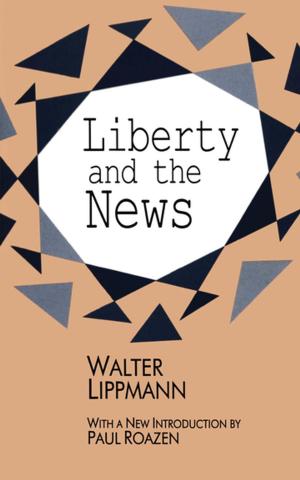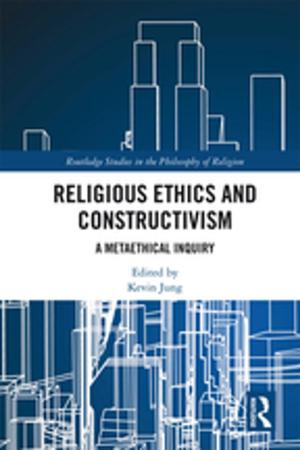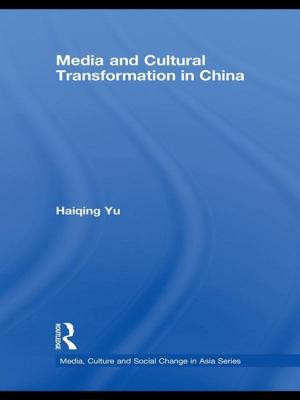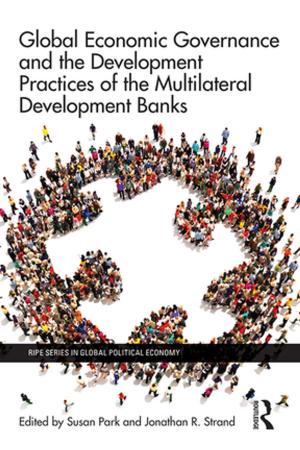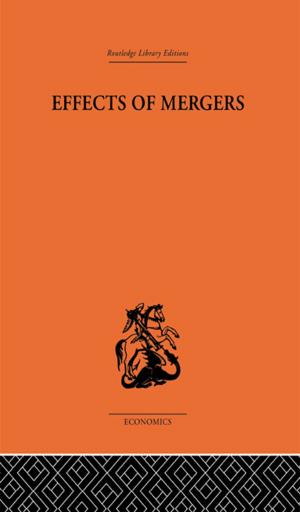Xinjiang in the Twenty-First Century
Islam, Ethnicity and Resistance
Nonfiction, Social & Cultural Studies, Social Science| Author: | Michael Dillon | ISBN: | 9781317608806 |
| Publisher: | Taylor and Francis | Publication: | October 3, 2018 |
| Imprint: | Routledge | Language: | English |
| Author: | Michael Dillon |
| ISBN: | 9781317608806 |
| Publisher: | Taylor and Francis |
| Publication: | October 3, 2018 |
| Imprint: | Routledge |
| Language: | English |
There has been a significant increase in the twenty-first century in the frequency and intensity of violent incidents in the Xinjiang Uyghur Autonomous Region, the far northwest province of China, where the Uyghurs, the Turkic-speaking Muslim people who historically constituted the majority population, feel themselves displaced and discriminated against by the growing in-migration of Han Chinese. The book explores the continuing unrest in Xinjiang. It focuses in particular on the major violence of July 2009 in the city of Urumqi, on repression and the practice of Islam in southern Xinjiang, and on the policy of the Chinese Communist Party which has used the rhetoric of the "War on Terror" to justify its repression in terms which it hopes will gain sympathy from the international community. The book relates these particular points to the development of China-Uyghur relations more broadly in the longer historical perspective, and concludes by discussing how the situation is likely to unfold in future.
There has been a significant increase in the twenty-first century in the frequency and intensity of violent incidents in the Xinjiang Uyghur Autonomous Region, the far northwest province of China, where the Uyghurs, the Turkic-speaking Muslim people who historically constituted the majority population, feel themselves displaced and discriminated against by the growing in-migration of Han Chinese. The book explores the continuing unrest in Xinjiang. It focuses in particular on the major violence of July 2009 in the city of Urumqi, on repression and the practice of Islam in southern Xinjiang, and on the policy of the Chinese Communist Party which has used the rhetoric of the "War on Terror" to justify its repression in terms which it hopes will gain sympathy from the international community. The book relates these particular points to the development of China-Uyghur relations more broadly in the longer historical perspective, and concludes by discussing how the situation is likely to unfold in future.
